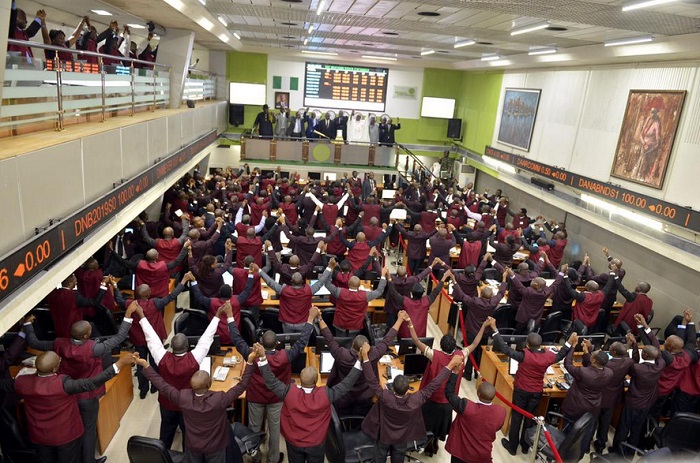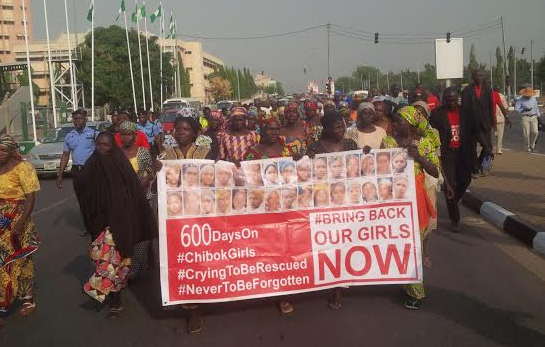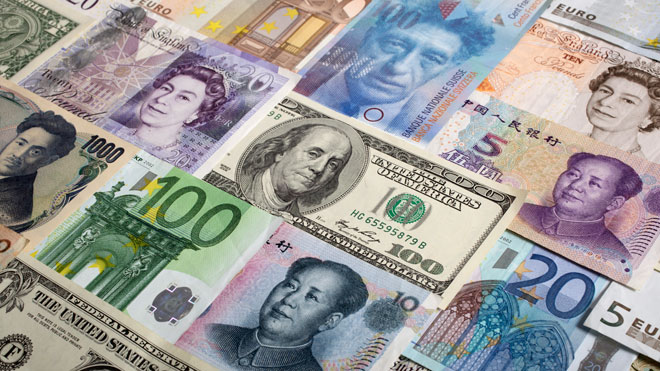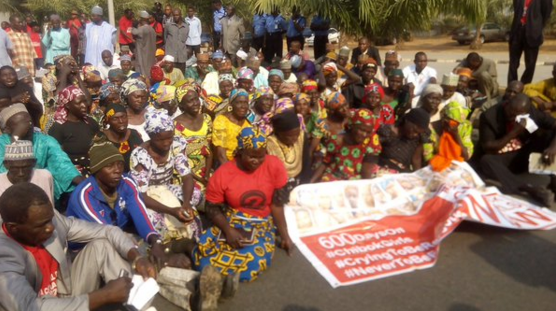Ibe Kachikwu, former president of the Organisation of Petroleum Exporting Countries (OPEC), says Saudi Arabia’s insistence on keeping market share in face of plunging oil prices is a policy “gone too far”.
In an interview with CNN, Kachikwu said OPEC was not expecting crude oil prices to enter the region of $20 to $30 per barrel, adding that the 2016 average would be between $40 and $50.
“I don’t expect to see it (oil) going to the twenties, I expect it on the fringes of thirties for maybe a month, two months, I expect it to see it to begin to climb,” he said.
“I’m actually optimistic that 2016 would end on an average of 40 to 50 barrel type level, but the first quarter would be very rough.”
Advertisement
Speaking on Saudi Arabia’s position to keep its supply level in the face of oversupply, and insistence not to cut supply to increase demand, Kachikwu said: “For us that policy is going too far, we need to sit back and see, how can we balance the need to protect market share, with the survival of the business and the survival of the countries who run these businesses.”
The price of OPEC basket of thirteen crudes stood at $25.76 a barrel on Tuesday, compared with $27.07 the previous day, according to OPEC Secretariat calculations on Wednesday.
With oil at its lowest since 2003, OPEC members are calling for an emergency meeting to cut output in a bid to raise demand for oil, and subsequently raising the price of crude.
Advertisement
“There is a lot of energy around, and meeting won’t make any meanings except you have the protagonists agree to a common position,” he said.
“I think a greater majority of the people, not necessarily the majority in terms of the volumes that they produce, but majority in terms of membership are beginning to feel like the time has come to sit back and have a meeting and dialogue again once more, without the kind of tensions that we had in Vienna.”
The same day, Suhail Al Mazrouei, United Arab Emirates minister of energy, also a member of OPEC said “I don’t think it’s fair to ask OPEC to unilaterally cut production” saying the OPEC strategy is working.
Saudi Arabia, OPEC and the US are facing a self-induced price wars, as both blocs are increasing supply in a manner too much for demand, hence inducing a continual dip in oil prices.
Advertisement
Since oil prices began collapsing, oil companies have sacked hundreds of thousands of workers, and slashed investment budgets in a bid to accommodate prevailing realities.
According to CNN, many OPEC countries are still making money at these prices but others are losing, with Nigeria’s production costs are estimated at about $31 a barrel.
As at Tuesday, Nigeria’s Bonny light was selling at $31.31, meaning the country is only making about 31 cents on every barrel of oil, corroborating Kachikwu’s stance that some countries are “being shattered” by the current price regime.
Advertisement
Add a comment







